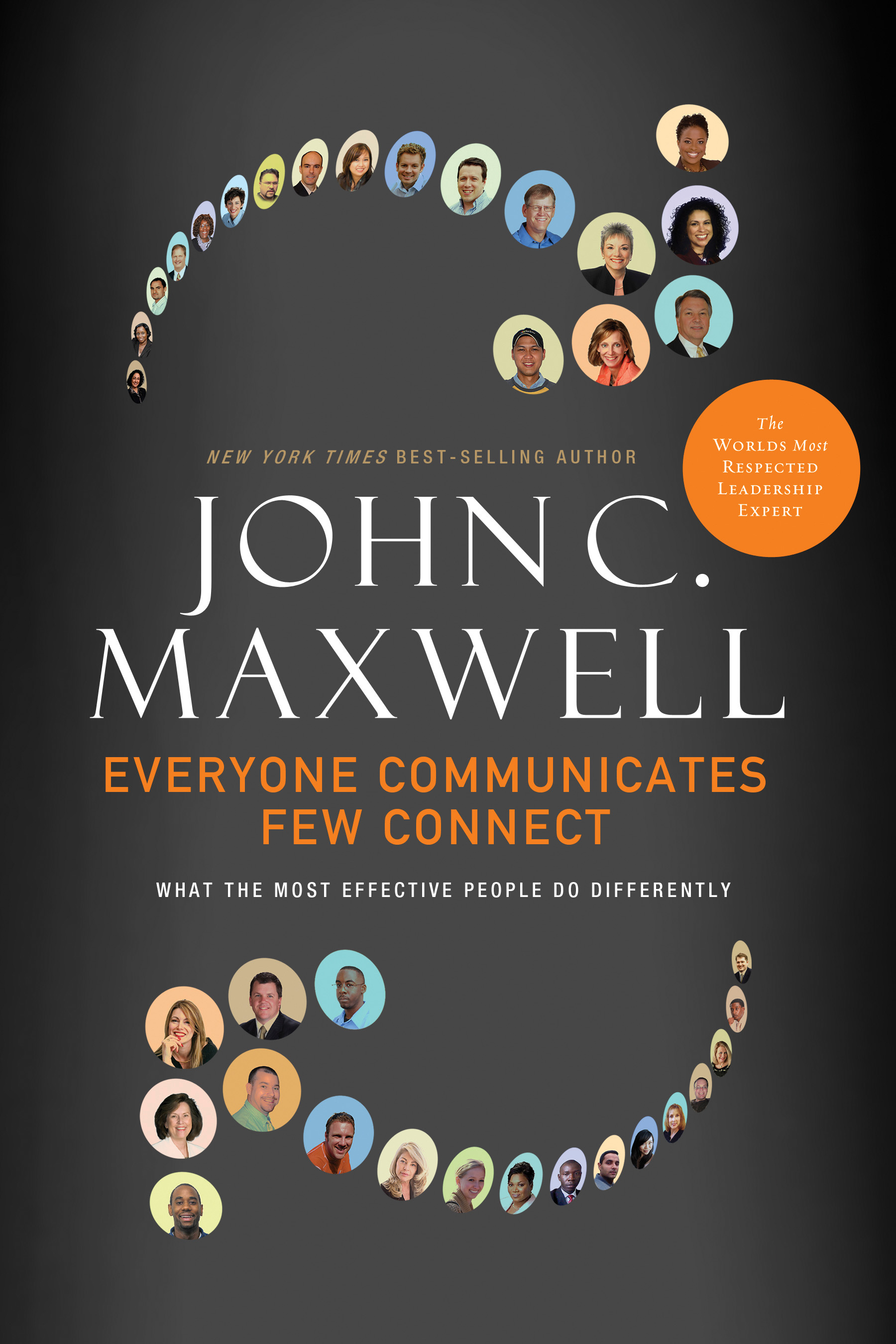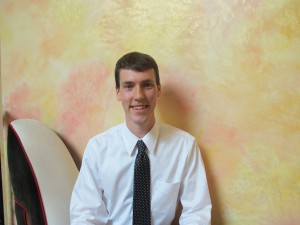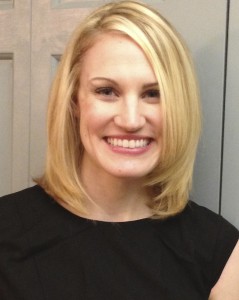This post is part of The Edge monthly series of book reviews on books relevant to new PR professionals.
 As young communicators, we can learn a valuable lesson from John C. Maxwell: communicating isn’t the same as connecting.
As young communicators, we can learn a valuable lesson from John C. Maxwell: communicating isn’t the same as connecting.
The famed leadership expert, and author of over 70 books, uses this publication to teach us the difference.
“Connecting is the ability to identify with people and relate to them in a way that increases your influence with them,” says Maxwell.
As PR/communications professionals, connecting is an important aspect of our job, but are we being as effective as we can be? That’s what Maxwell challenges us to examine with Everyone Communicates, Few Connect.
These lessons are critical for professionals across all industries. Writing, speaking, presenting, pitching, and selling are critical skills in any job, regardless of industry or field.
Your head will spin from the number of times you read the word “connect” – mine did – but when you begin to grasp the importance of making connections not just for yourself, but for the sake of your customers/clients, you will thank Maxwell for driving the point home. Improving the customer experience should always be priority number one.
Where this book provides exceptional value – particularly for young professionals – isn’t in practical advice or knowledge, but in the confidence readers can gain from the material. Confidence can be a fragile thing, especially for young professionals. But it can also help young pros excel beyond their entry-level expectations.
The book is also a ‘must read’ for the challenge it presents to its readers to audit their own communications processes. In this regard, you can take as much from this book as your attitude and openness allow.
As a resource, the text also aggregates some of the best principles from respected communication and leadership experts and philosophers. Maxwell also shares his Five Principles and Five Practices, which include:
- Finding common ground
- Keeping your communications simple
- Capturing people’s interest
- Inspiring people
- Staying authentic in all your relationships
Maxwell posted chapters of Everyone Communicates on his website, and used the commenter feedback to add anecdotes, quotes and advice – each commenter was rewarded with their photo on the inside cover of the book. This helps to make material relatable to every level of professional.
Maxwell may rely a little too heavily on his on triumphs as examples within the book, but the positive attributes of Everyone Communicates can be helpful as you begin mapping a path to leadership positions within your company.
 Robert Martin is a Corporate Relations Intern at Allstate and the 2014 Co-Editor of the PRSA New Professionals Newsletter. He resides in Farmington Hills, MI.
Robert Martin is a Corporate Relations Intern at Allstate and the 2014 Co-Editor of the PRSA New Professionals Newsletter. He resides in Farmington Hills, MI.

 Beginning a career in public relations can be quite a daunting prospect. There is no point-by-point roadmap to direct you on the way to professional success, and you will encounter plenty of obstacles along the way. I found myself in the hectic world of the “entry-level” after graduating college in May 2013; and now as I prepare for the next step in my career, I can think of a few pieces of advice that I have picked up along the way:
Beginning a career in public relations can be quite a daunting prospect. There is no point-by-point roadmap to direct you on the way to professional success, and you will encounter plenty of obstacles along the way. I found myself in the hectic world of the “entry-level” after graduating college in May 2013; and now as I prepare for the next step in my career, I can think of a few pieces of advice that I have picked up along the way:



